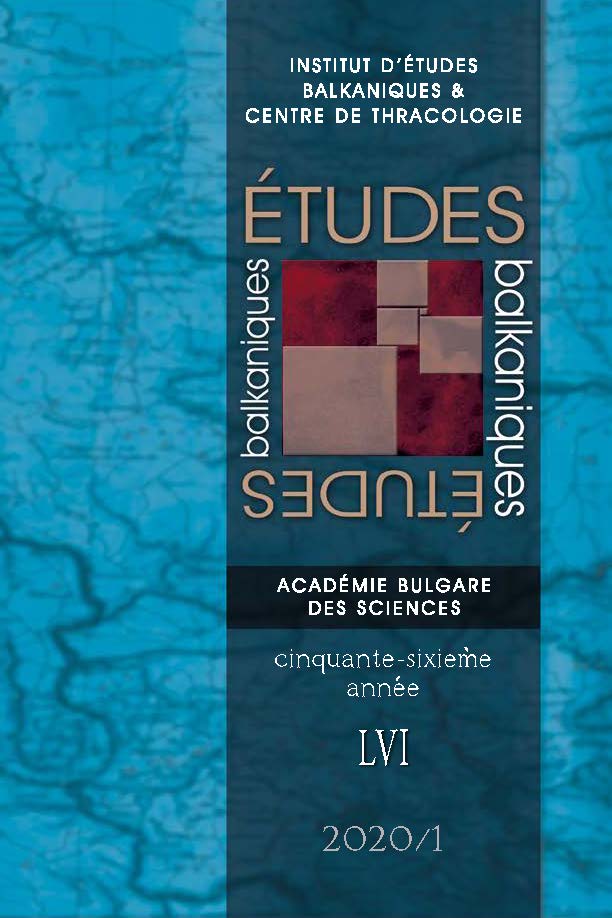SOCIAL PROFILE AND PROFESSIONAL MOBILITY OF RURAL PEDLARS IN RUMELI AT THE END OF THE 17TH AND MID-18TH CENTURIES
SOCIAL PROFILE AND PROFESSIONAL MOBILITY OF RURAL PEDLARS IN RUMELI AT THE END OF THE 17TH AND MID-18TH CENTURIES
Author(s): Stefka ParvevaSubject(s): History, Economic history, Modern Age, Special Historiographies:, 17th Century, 18th Century, The Ottoman Empire
Published by: Институт за балканистика с Център по тракология - Българска академия на науките
Keywords: Rural Pedlars; Material Status; Migrations; Trade Partnerships; Credit; Kadı Court;
Summary/Abstract: Studies in the field of trade reveal that the main contingent of merchants came from urban communities and traded in urban and international markets. But as nine out of ten subjects of the Sultan in Bulgarian lands were peasants, it is logical to assume that some of them made their living in the field of trade. In this connection it should be noted that the issue of the involvement of peasants as professional traders in the economic life of the Ottoman Empire has not been sufficiently studied in the historiography on this topic.This study aims to outline a tentative portrait of rural pedlars, who took part in trade exchange both between the cities and the countryside and between different regions of the Empire at the end of 17th and the 18th centuries. Based on some case studies, features of their family and property status have been reconstructed. Issues, related to the legal regulation of their business activities have been analysed. The range and volumes of the goods they sold have been investigated. Problems related to the common commercial practices of partnerships between and lending to rural pedlars have been addressed. Conclusions have been drawn regarding the involvement of the institutions in regulating the trade activities and the relationship between the pedlars and their families, partners and lenders; the level of their literacy; the role their trips had on the level of awareness of the communities, in which they operated; the impact of their professional activity on the formation of modern traders in the Bulgarian society from the pre-Tanzimat era. The study draws on unpublished Ottoman Turkish documents – inheritance inventories of deceased traders, partnerships and lending litigation, sultan’s fermans, petitions and grievances, tax inventories, as well as on promulgated laws, travelogues, etc.
Journal: Études balkaniques
- Issue Year: 2020
- Issue No: 1
- Page Range: 51-103
- Page Count: 53
- Language: English
- Content File-PDF

